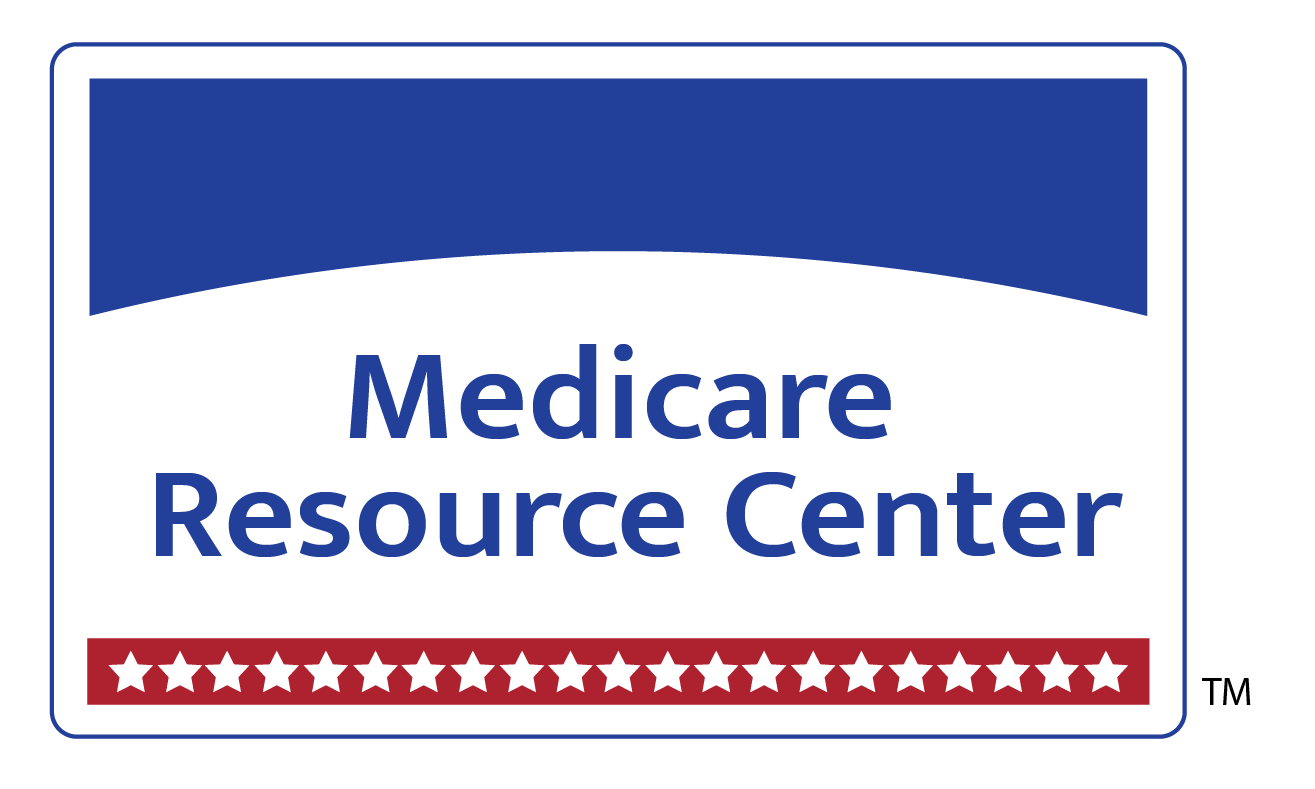Medicare Beneficiaries Bear Higher Burden of Insulin Costs in Prescribed Medicine and Healthcare Spending Compared to Other Insurance Types

A report from the US Department of Health and Human Services' Office of the Assistant Secretary for Planning and Evaluation has revealed that the cost of insulin can vary based on insurance coverage, with high healthcare spending leading to patients having to limit their insulin supplies. In 2019, the healthcare spending for individuals with diabetes, which includes diabetes treatment, comorbidities, and preventive care, reached a total of $446 billion, with drug costs, including insulin, accounting for 32% of that amount. Insulin users, who typically have a more severe stage of the disease, contributed 46% of the healthcare spending among diabetes patients, with average spending 4.3 times higher than non-institutionalized Americans.
Explore Articles
The report showed that insulin costs accounted for 20% of total healthcare spending for insulin users and half of their out-of-pocket spending, with the average cost per user being $434 per year. However, 19.4% of insulin users had zero out-of-pocket costs. Out-of-pocket costs for a 30-day insulin refill varied depending on the type of pharmacy used, with 50% costing patients $9 or less. Medicare beneficiaries had the highest out-of-pocket costs compared to privately insured and uninsured individuals. Medicaid beneficiaries were most protected from high out-of-pocket costs, while uninsured individuals were most vulnerable.
The report also found that high insulin costs affected insulin adherence, with 17% of insulin users having to ration their supplies in 2021. The uninsured and privately insured were most likely to ration their insulin. The researchers noted that federal and state initiatives, as well as patient assistance programs and private insulin caps, have tried to reduce cost barriers to insulin, but no solution has been effective on a national scale. The researchers suggest that Medicare beneficiaries may benefit from the Inflation Reduction Act provisions that take effect in 2023, which aim to reduce out-of-pocket spending for Part D and Part B enrollees through various provisions such as capping monthly cost-sharing at $35 per insulin product and excluding insulin products from the Medicare deductible.

Comentarios